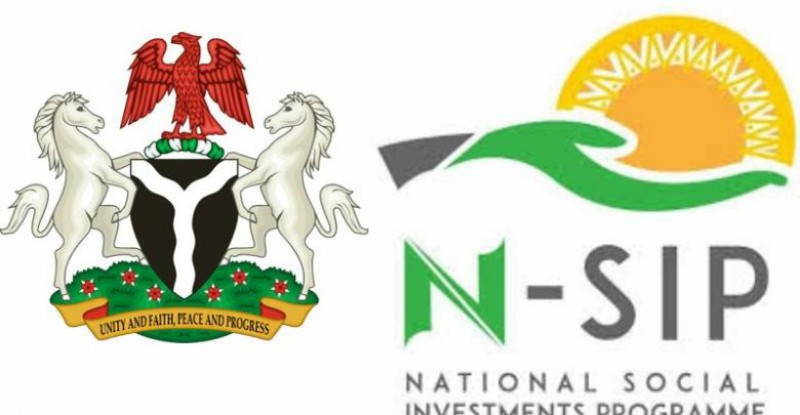President Muhammadu on Tuesday approved the expansion of the National Social Investment Programmes (NSIP) with an increase in the number of beneficiaries.
The NSIP initiative birthed in 2016 by the APC-led government was geared towards ameliorating poverty and hunger across the country.
- Zabarmari attack: Bandits now rule in many communities- JNI
- Zabarmari Killings: Life has no value under Buhari — Northern elders
The programmes under the NSIP are the N-power, Conditional Cash Transfer (CCT), Government Enterprise and Empowerment Programme (GEEP), and the Home Grown School Feeding Programme (HGSF).
The Presidency, through its official Twitter handle on Tuesday, said the numbers of beneficiaries of the programmes have been expanded to accommodate the growing number of citizens who have been indicating interests in the scheme.
The tweet reads:
“President Muhammadu Buhari has graciously approved the expansion of all NSIP programmes:
“Increase of N-power programme beneficiaries from 500,000 to 1,000,000.
“Increase in Government Enterprise and Empowerment Programme (GEEP) beneficiaries by 1,000,000
“Increase in beneficiaries of Home Grown School Feeding Programme (HGSF) by 5,000,000.”
“President @MBuhari has graciously approved the expansion of all NSIP programmes:
-Increase of N-Power beneficiaries from 500,000 to 1,000,000.
-Increase in @geep_ng beneficiaries by 1,000,000
-Increase in beneficiaries of @NHGSFP by 5,000,000.”
— HM @FMHDSD, @Sadiya_farouq— Presidency Nigeria (@NGRPresident) December 1, 2020
What to Know
As stated on the official website on its official website, the NSIP focuses on ensuring a more equitable distribution of resources to vulnerable populations, including children, youth, and women..” through a fair and transparent process supported by the Ministry of Budget and National Planning (MBNP) and other notable MDAs with aligned goals.”
The Schemes and Benefits:
1. N-Power: The program provides young Nigerians with job training and education, as well as a monthly stipend of 30,000 Nigerian naira. About 500,000 youths are deployed in batches for the programme segmented into N-Power Agro, N-Power Teach, N-Power Volunteer Corps, and N-Power Health.
2. Conditional Cash Transfer Program (CCT): This provides cash transfers to vulnerable households with the long-term goal of lifting millions out of poverty. A monthly stipend of N5,000 is given to households in poverty-stricken communities along with an additional N5,000 for families designated as priorities or extreme cases. As of February 2020, it was reported that 5,433,394 Nigerians have benefited from the CCT programme.
3. Government Enterprise and Empowerment Program (GEEP): This was established to provide financial support and training to businesses and entrepreneurs at the bottom of the financial pyramid. A grant of N140 billion was invested in the program with the goal of reaching over a million women, 200,000 artisans and MSMEs, 260,000 youth business ventures, and 200,000 farmers and agricultural workers. TraderMoni, MarketMoni, and FarmerMoni (All under GEEP) have been reported to have provided loans ranging from N10,000 to N30, 000 to over 2 million Nigerians as of July 2020.
4. Home Grown School Feeding Program (HGSF): This was created to provide a nutritious and balanced meal to 5.5 million school children grades 1 to 3.The Program aims to improve the enrollment of primary school children and reduce the drop-out rate, currently estimated at over 30%. Over 44,000 cooks were reported to have been engaged in the program, feeding over 4 million students in 26 Nigerian States.
420 billion earmarked for 2021
During the presentation of the 2021 budget on October 8, 2020, President Muhammadu Buhari announced that the National Social Investment Programmes (NSIP) would be funded with N420 billion in 2021, while the National Social Housing Programme (NISH) would be funded with N20 billion from the 2021 budget.

 Join Daily Trust WhatsApp Community For Quick Access To News and Happenings Around You.
Join Daily Trust WhatsApp Community For Quick Access To News and Happenings Around You.


